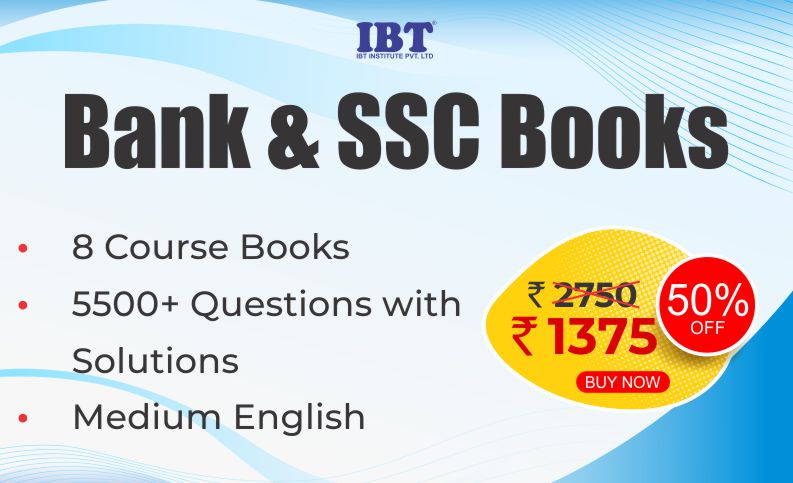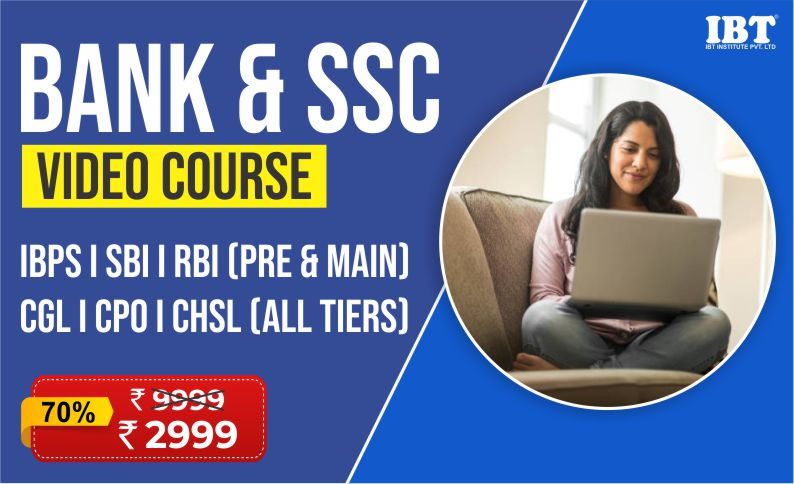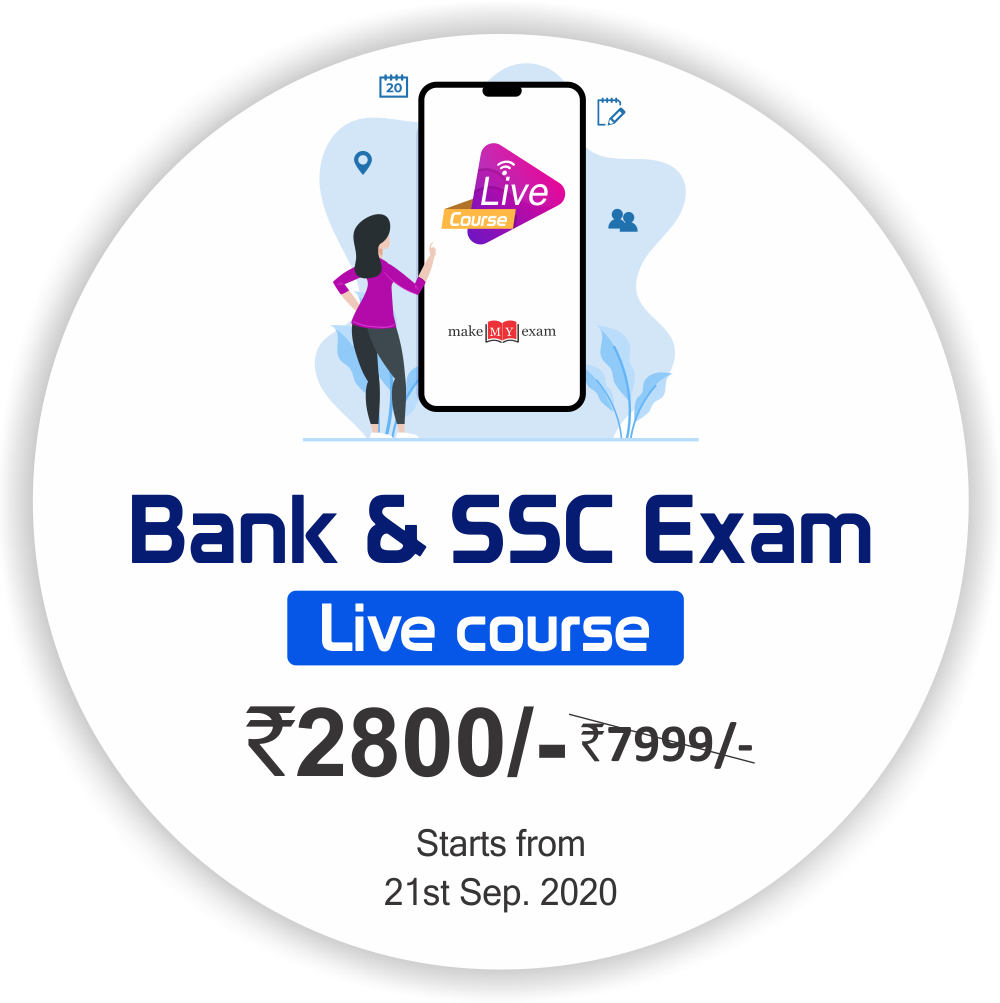
Golden Rules for crack Bank Exams
How to crack banking exams: Every year, many people apply for jobs in banks in India. Many young people are interested in working in the banking sector, and they apply for positions like Clerk, SO, and Bank PO Jobs. These exams are becoming more challenging, and candidates want the best strategy to pass them on the first try. Knowing how to prepare for these exams is crucial due to the high competition.
Although preparing for bank exams can seem tough, especially with so many people competing, with the right approach and plans, you can improve your chances of success. This article aims to give you useful tips, study plans, and resources to help you do well in your bank exam preparation.
Top 20 Tips to crack the Bank Exams 2024
Here are some tips to help you do well in the Bank Exams 2024:
1. Know the Syllabus and Exam Pattern
Learn about the topics in the exam and how the questions are arranged.
Understand both the Main and Prelim exams.
2. Create a Study Plan
Make a timetable for each subject in the exam.
Stick to your plan, whether you’re a student or working.
3. Use Best Resources
Choose the right books and study materials from the start.
Don’t waste time looking for other sources later on.
4. Consider Coaching
Coaching centers have experts who can teach you tricks for the exam.
They offer crash courses with shortcuts for quick and accurate solutions.
5. Identify Weak Areas
Understand your strengths and weaknesses in the syllabus.
Focus on improving your weak areas.
6. Develop an Exam Module
Plan how to tackle the exam with focus on accuracy and speed.
Start with easier sections and save more time for challenging ones.
7. All Sections are Important
Give equal attention to all sections as they carry the same weight.
8. Practice with Previous Papers & Mock Tests
Solve old question papers and mock tests to understand important topics and the exam pattern.
This helps you know what to expect in the exam.
9. Material is Available Online
Use online content for free or consider buying a paid course if needed.
10. Make Short Notes
Write down important points for quick reference during preparation.
11. Check Frequent and Important Topics
Identify key topics that are frequently asked and focus on them.
12. Evaluate Speed and Accuracy
Practice solving questions with speed and accuracy, as the exams are time-based.
13. Manage Overall Time
Allocate enough time to cover all topics in the syllabus and finish the exam on time.
14. Newspapers are Helpful
Read newspapers daily to improve general knowledge and language skills.
15. Confidence and Positivity
Approach the exam with confidence and a positive attitude.
16. Stay Calm and Focused
Keep calm and stay focused during the exam to improve concentration.
17. Take Breaks
Take breaks to relax and recharge during your preparation.
18. Avoid Guessing
Since there’s negative marking, avoid guessing answers you’re not sure about.
19. Start with Known Sections
Begin with sections you’re most familiar with to save time for tougher sections.
20. Don’t Use Extra Time
If a question is taking too long, move on to avoid running out of time for other sections.
Bank Exam Preparation Strategy Section-wise
Here are some tips for preparing for the different sections:
1. Reasoning Ability
- Learn the basics of topics like Syllogism, Inequality, Direction, Blood Relationship, and Coding-Decoding.
- Practice verbal and analytical questions every day to improve your speed.
- Solve 5-10 questions daily to stay on track with your revision.
- Work on different seating arrangements and puzzles to sharpen your mind.
- Start with easy problems and then move on to harder ones.
2. Quantitative Aptitude
- Improve your calculation speed as calculators aren’t allowed in exams.
- Create a study timetable for each topic and balance between revising old notes and learning new topics.
- Practice simplifications, number series, data interpretation, and percentages.
- Take mock tests and quizzes for each topic.
- Manage your speed and accuracy within the given time.
3. English Language
- Read English newspapers, books, and periodicals to understand sentence structures.
- Learn and use a new word every day.
- Practice basic grammar rules from NCERT or Wren and Martin textbooks.
- Focus on comprehension, error spotting, sentence rearrangement, fill in the blanks, and cloze test.
- Use quizzes and study notes prepared by English banking professionals.
4. General Awareness
- Stay updated on current and static GK, including banking news and organizations like SEBI, NABARD, and RBI.
- Memorize currencies, international trade, policies, treaties, and banking information.
- Read economics and finance books and magazines.
- Make short notes on events, awards, books, government schemes, and other topics.
- Take mock tests to cover all areas.
5. Banking Awareness
- Study key topics like financial organizations, budgeting, Indian economy, GST, and GDP growth rate.
- Learn the terminology used in finance.
- Understand funding, capitalization, and the financial system.
- Keep updated on RBI Acts and common banking terms from previous papers.
6. Computer Awareness
- Attempt mock tests and previous papers.
- Stay informed about basic digital advancements.
- Revise elementary computer topics.
- Practice MS Office and networking concepts.
7. Data Analysis & Interpretation
- Combine preparation with the Quant section to improve speed and accuracy.
- Analyze questions with tables, graphs, or data sets.
- Practice different types of questions to understand data representation.
- Develop a strategy for calculating numbers, charts, fractions, and percentages.
 4.5/5
4.5/5








